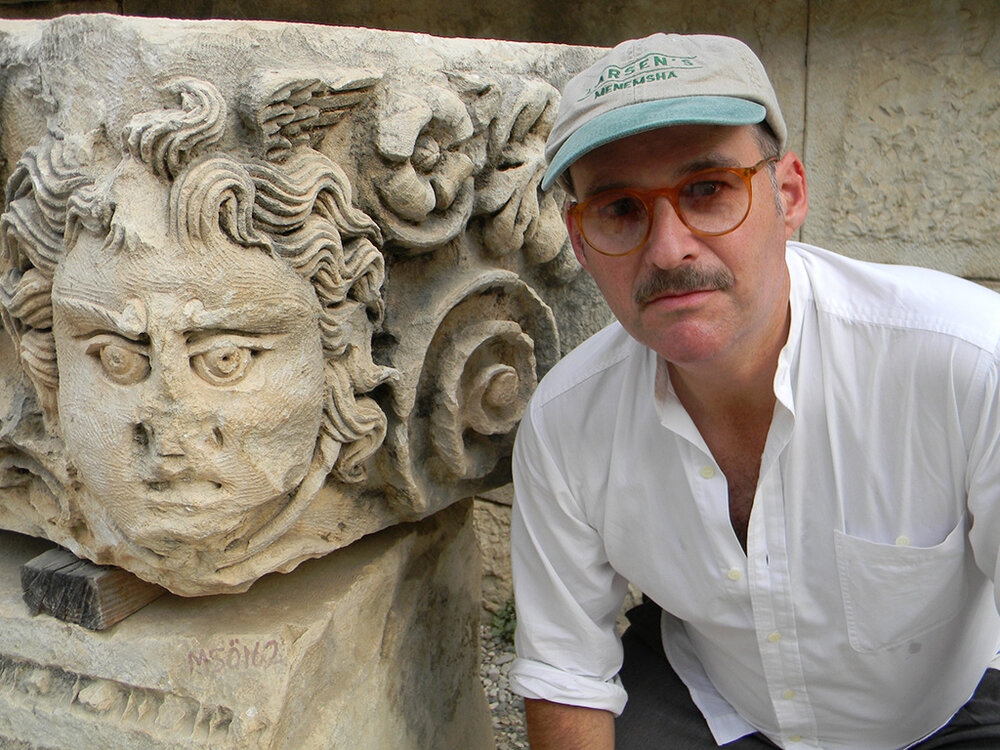Tucker Carlson’s departure from Fox News might seem like a victory for truth and journalistic excellence. And I’ll admit, I didn’t tear up when I heard that Carlson would have to find another job. But on several levels, the facts suggest otherwise.
For one thing, Tucker doesn’t need another job to eat at five-star restaurants for the rest of his life. For another, he has a huge and loyal audience, most of which will follow him to any rightwing outlets competing to hire him, including Russian state television. (I hope he winds up there).
But if, like me, you care about democracy, and see the connections between a strong democracy and quality journalism, there are several more levels of the information ecosystem that need to be explored.
We don’t know exactly what a perfect world of democracy or journalism would look like. (I have some ideas). But we know that they are connected because representative government depends on active and informed citizens. And we know – if we think about it – that great journalism isn’t enough without those active and informed citizens.
We also know a few more things that fit into this picture. One is that, like great journalists, active and informed citizens who can tell lies from truth and conspiracy theories from reality don’t grow on trees. They have to be educated – not to be liberal or conservative, but to be democratic and critical. Citizenship has to come before partisanship.
Make no mistake, partisanship has a crucial role in a democracy; it’s about our basic political values. It isn’t the ant at the picnic but the meal itself. But, that said, there are deeper values, democratic values (like truth and decency and respect for one’s opponents), that come first. That’s why a lot of moderate conservatives, to their credit, have abandoned Trump.
But here’s the bottom line: the news media and education – including K-12 and higher ed – are part of that same information system. So to have active and informed, and critical citizens, we need to teach: civics, media literacy, political literacy (including the role and limits of partisanship), and so on. And it means a healthy dose of liberal arts education for all post-secondary students, including those in the STEM (science, technology, engineering, and math) disciplines. We need scientists and computer scientists and engineers; but we need everyone to be citizens, and only the liberal arts prepare us to be citizens.
Better and broader education is the only way we’ll ever reach a place where Tucker Carlson loses his audience before he loses his job. It’s the only way we’ll get to a place where people listen to each other respectfully and share common facts the way we still share a common language.
It will take a cultural and generational shift to get there. It will also take more public investment in education – something we did in 1944 with the Servicemen’s Readjustment Act, a.k.a. the GI Bill, with spectacular national results. It will take a lot. But democracies are also based on something magical: hope.
US rescue organization urges Americans to leave Ukraine(Opens in a new browser tab)
Jeffrey Scheuer (www.jeffreyscheuer.com) is the author, most recently, of Inside the Liberal Arts: Critical Thinking and Citizenship (Rowman and Littlefield, 2023).
By Jeffrey Scheuer
